Living with Parkinson’s disease can be challenging, but making healthy dietary choices can have a positive impact on managing symptoms and improving overall well-being. In this blog post, we will explore some of the best fruits and vegetables that can be beneficial for individuals living with Parkinson’s disease.
A nutritious diet plays a crucial role in supporting brain health and potentially slowing down the progression of Parkinson’s disease. Here are three categories of fruits and vegetables that stand out for their potential benefits:
Berries:
 When it comes to fruits, blueberries are particularly beneficial for individuals with Parkinson’s. These small, antioxidant-rich berries offer a host of advantages.
When it comes to fruits, blueberries are particularly beneficial for individuals with Parkinson’s. These small, antioxidant-rich berries offer a host of advantages.
Blueberries are packed with anthocyanins, which are potent antioxidants known to reduce inflammation and oxidative stress in the brain. Parkinson’s disease involves the loss of dopamine-producing cells in the brain, leading to motor symptoms. The antioxidants in blueberries help protect these cells and potentially slow down the progression of the disease.
Furthermore, blueberries are rich in vitamins C and K, as well as fiber. These nutrients support the immune system, promote healthy digestion, and aid in maintaining cognitive function. Including a handful of blueberries in your daily diet can be a delightful and healthful way to support your journey with Parkinson’s.
Greens:
Leafy greens such as spinach, kale, and Swiss chard are nutritional powerhouses that offer numerous benefits for 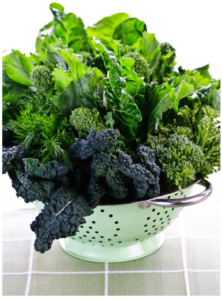 individuals living with Parkinson’s disease. These vibrant greens are loaded with essential vitamins, minerals, and antioxidants that support brain health and overall well-being.
individuals living with Parkinson’s disease. These vibrant greens are loaded with essential vitamins, minerals, and antioxidants that support brain health and overall well-being.
One key nutrient found in leafy greens is folate, a B-vitamin that helps maintain healthy brain function. Folate plays a vital role in the production of neurotransmitters, including dopamine, which is significantly depleted in Parkinson’s disease. By incorporating leafy greens into your meals, you can help support dopamine production and potentially alleviate some symptoms.
Additionally, leafy greens are excellent sources of antioxidants, including vitamin C and beta-carotene. These antioxidants help combat oxidative stress, which is believed to contribute to the progression of Parkinson’s. Including a variety of leafy greens in your diet can contribute to a well-rounded and nourishing approach to managing the disease.
Citrus:
 Citrus fruits like oranges, grapefruits, and lemons not only add a burst of flavor to your meals but also provide valuable benefits for individuals living with Parkinson’s disease. These brightly colored fruits are renowned for their high vitamin C content and other beneficial compounds.
Citrus fruits like oranges, grapefruits, and lemons not only add a burst of flavor to your meals but also provide valuable benefits for individuals living with Parkinson’s disease. These brightly colored fruits are renowned for their high vitamin C content and other beneficial compounds.
Vitamin C is a potent antioxidant that plays a crucial role in protecting brain cells from oxidative damage. It also aids in the absorption of iron, an important mineral that supports cognitive function. In Parkinson’s disease, oxidative stress and inflammation are known to contribute to the degeneration of dopamine-producing cells. Consuming citrus fruits regularly can help combat these detrimental effects.
Moreover, citrus fruits contain flavonoids, which are natural compounds known for their anti-inflammatory and neuroprotective properties. These compounds have been associated with a reduced risk of developing Parkinson’s disease and may help slow down its progression.
By incorporating a variety of citrus fruits into your diet, you can enjoy their refreshing flavors while supporting your brain health and overall well-being.
Maintaining a healthy diet is essential for individuals living with Parkinson’s disease. By incorporating fruits and vegetables like blueberries, leafy greens, and citrus fruits into your meals, you can provide your body with valuable antioxidants, vitamins, and minerals. These nutrient powerhouses have the potential to protect brain cells, support dopamine production, reduce inflammation, and enhance overall well-being. Remember to consult with a healthcare professional or registered dietitian to create a personalized diet plan that best suits your specific needs and medical condition.




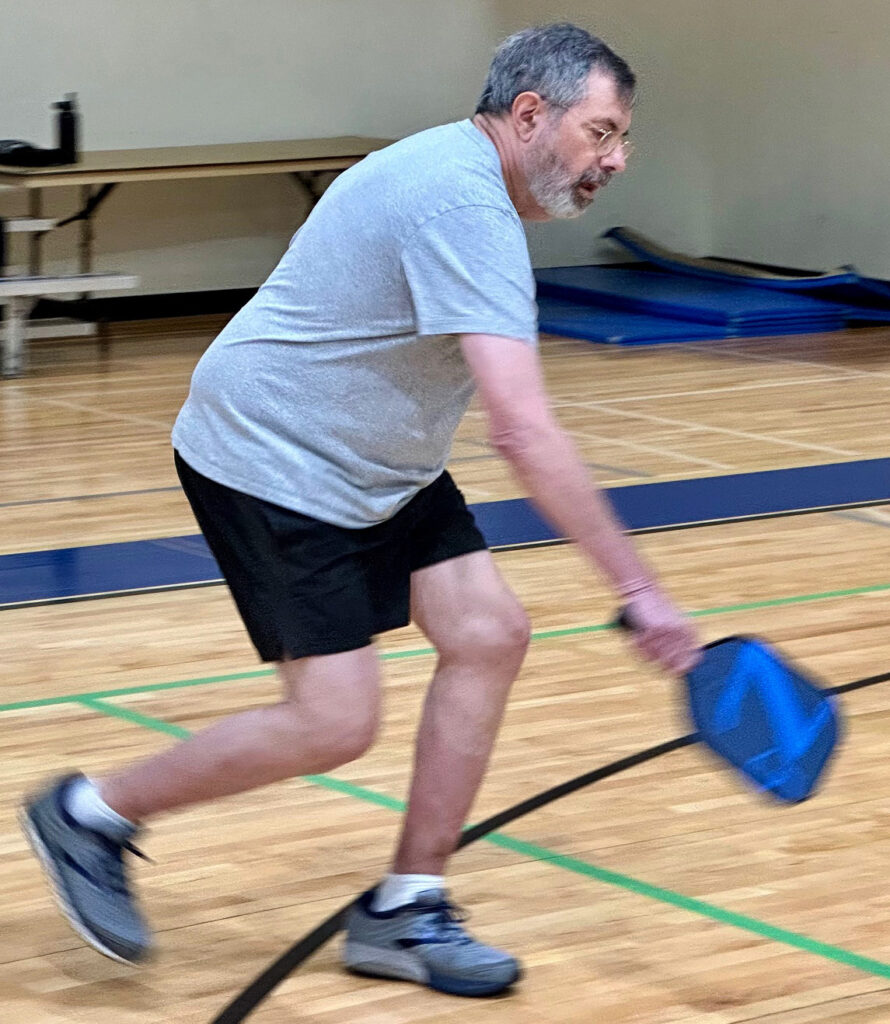
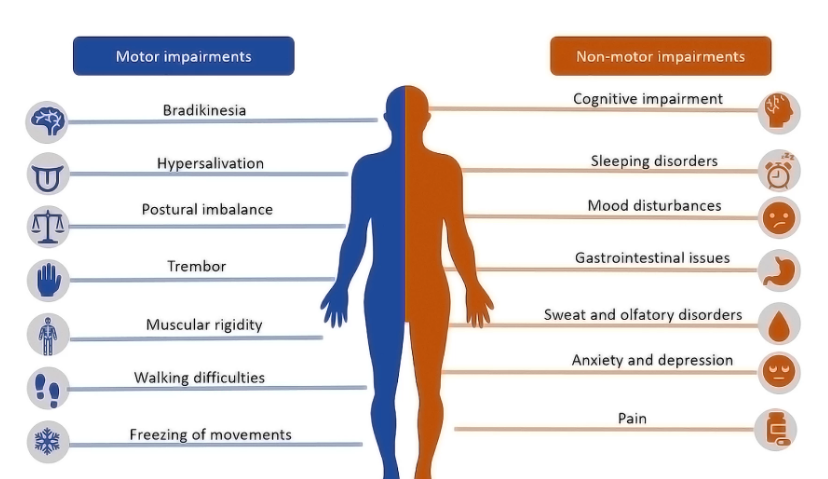




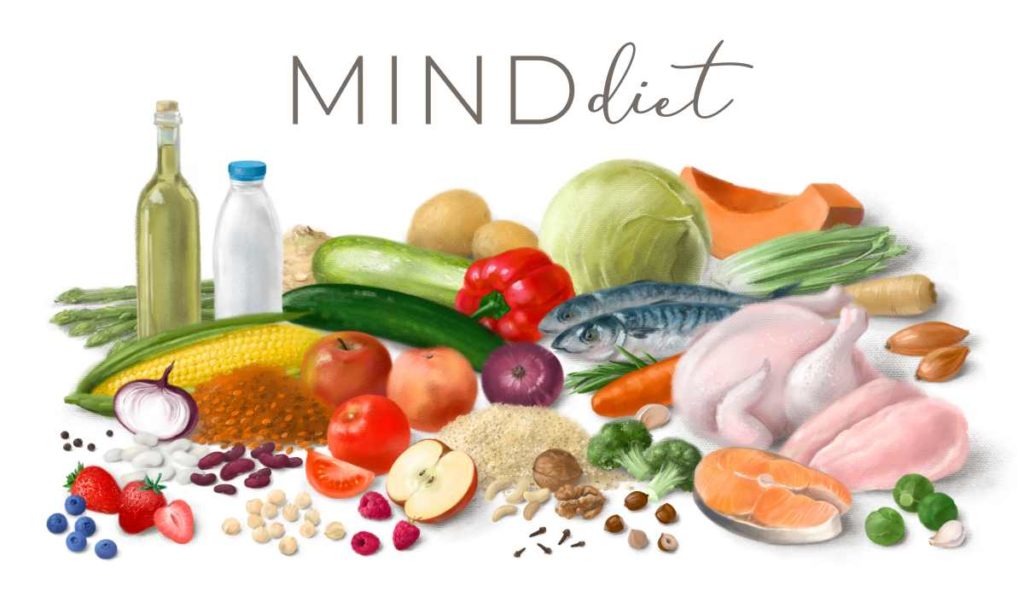




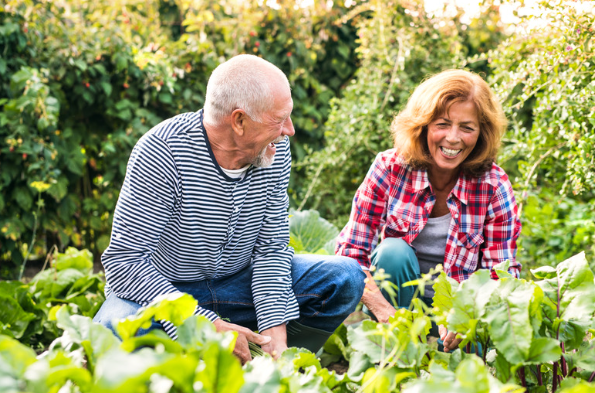



 For many, the holidays are a joyful time to gather with loved ones and friends, reflect on the past year and think about what’s to come. But for some with recently diagnosed or progressing Parkinson’s or with depression or anxiety, it can be a stressful or lonely time. Visiting with others can bring worry or increased symptoms, and not attending social events can bring feelings of isolation. These are natural and common reactions.
For many, the holidays are a joyful time to gather with loved ones and friends, reflect on the past year and think about what’s to come. But for some with recently diagnosed or progressing Parkinson’s or with depression or anxiety, it can be a stressful or lonely time. Visiting with others can bring worry or increased symptoms, and not attending social events can bring feelings of isolation. These are natural and common reactions. “PFP has been the most important resource I have,” said Dan Bell when discussing his Parkinson’s Journey. His wife, Gwen (an employee at Vanderbilt) heard about the Peterson Foundation for Parkinson’s Active with Parkinson’s support group one day at work shortly after Dan was diagnosed. After a decade of experiencing executive skills and memory issues, Dan was officially diagnosed in 2018 with Parkinson’s. Dan does not experience rest tremors, instead he says his greatest issues include weakness and pain in his feet, and many of the typical non-motor symptoms such as acting out dreams in his sleep or having overall stiffness throughout his body during dopamine medicine off times.
“PFP has been the most important resource I have,” said Dan Bell when discussing his Parkinson’s Journey. His wife, Gwen (an employee at Vanderbilt) heard about the Peterson Foundation for Parkinson’s Active with Parkinson’s support group one day at work shortly after Dan was diagnosed. After a decade of experiencing executive skills and memory issues, Dan was officially diagnosed in 2018 with Parkinson’s. Dan does not experience rest tremors, instead he says his greatest issues include weakness and pain in his feet, and many of the typical non-motor symptoms such as acting out dreams in his sleep or having overall stiffness throughout his body during dopamine medicine off times.